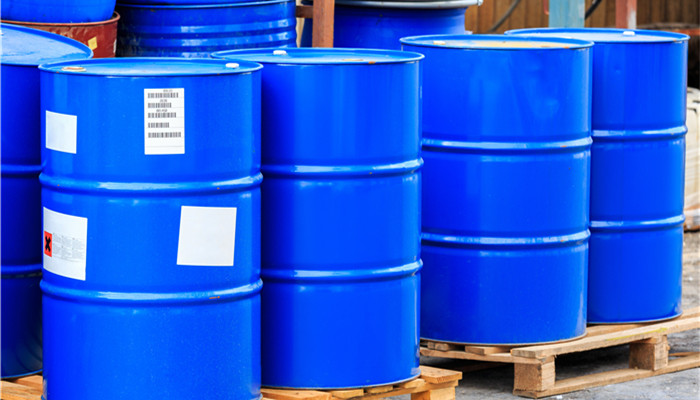
D-mandelic acid market space is limited, and the export market may provide new opportunities for domestic companies
D-mandelic acid is also called D(-)-mandelic acid, (R)-(-)-mandelic acid, and R-mandelic acid. Its molecular formula is C8H8O3. It is a white crystalline solid under normal temperature and pressure. D-mandelic acid is a chiral compound with optical activity and is relatively stable at room temperature, but is prone to oxidation reactions under sunlight or high temperatures. In nature, D-mandelic acid mainly exists in almonds, bitter almonds, peaches and other plants, and is the main component of almond flavor. In organic synthesis, D-mandelic acid is used as an intermediate and is mainly used in the synthesis of cefadroxyzole, cyclomandelate, oxybenzole, pemoline, Goniothalamus styryllactones and other drugs.
D-mandelic acid is a niche chemical product and its market demand is relatively limited. According to the released “2023-2027 China D-mandelic acid industry market situation monitoring and future Development Prospects Research Report” shows that in 2022, China’s demand for D-mandelic acid will be 672 tons, which to a certain extent limits the development of the D-mandelic acid production industry, mainly reflected in: ( 1) The smaller market size cannot support the excessive number of companies. In 2022, the number of D-mandelic acid companies in China will be 5, including Jiangxi Keyuan Biological Co., Ltd., Shijiazhuang Hanhong Chemical Co., Ltd., and Shanghai Hanhong Technology Co., Ltd., Shandong Chengxu Chemical Co., Ltd., and Ji’an Haomai Fine Chemical Industrial Co., Ltd. Among them, Jiangxi Keyuan Biological Co., Ltd. occupies an important market share in the domestic D-mandelic acid industry by virtue of its scale, brand technology and other advantages; (2) Companies in the D-mandelic acid industry are all small and medium-sized enterprises. Even Jiangxi Keyuan Biological Co., Ltd., which has the largest production scale, will produce less than 400 tons in 2022. The company’s total revenue is less than 100 million, and the industry’s ability to resist risks is not strong. ; (3) Based on the existing industry structure and small market capacity, the enthusiasm of capital to get involved in this field and presumed capacity expansion is not high. Therefore, the industry will still maintain a good development trend driven by demand in the future, but the development ceiling is not high. .
In terms of application, D-mandelic acid can be used in medicine and chemical synthesis. In the medical field, D-mandelic acid can be used in the production of penicillins, cephalosporins, vasodilators, bactericides, antispasmodics, weight loss drugs, Anti-tumor drugs. The pharmaceutical field is the main application field of D-mandelic acid. As a pharmaceutical intermediate, users have higher quality requirements for D-mandelic acid to ensure the consistency and safety of downstream drug quality. Therefore, once users in the downstream pharmaceutical field select suppliers, they will not easily change D-mandelic acid. Mandelic acid companies will also receive relatively stable orders, which will create certain market barriers for latecomers.
Analysts believe that China is an important D-mandelic acid production base in the world. Thanks to its strong domestic production capacity, China D-mandelic acid companies and related traders are actively exploring international markets and promoting the growth of D-mandelic acid exports. At present, India, as a global pharmaceutical power, has a large demand for D-mandelic acid and is my country’s main export destination. In addition, China’s D-mandelic acid is also exported to South Korea, Europe and the United States and other countries and regions in small quantities. In the future, as the global economy recovers and the supply chain stabilizes, China’s D-mandelic acid export business will continue to maintain a good development trend.

 微信扫一扫打赏
微信扫一扫打赏

